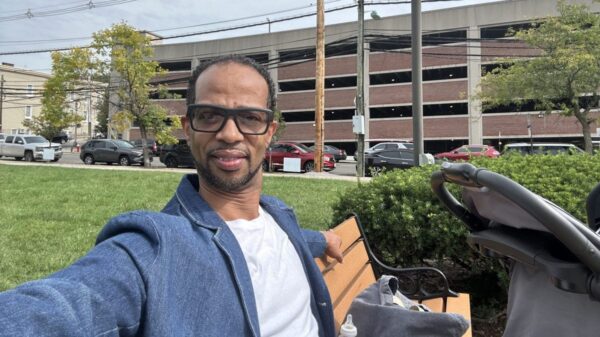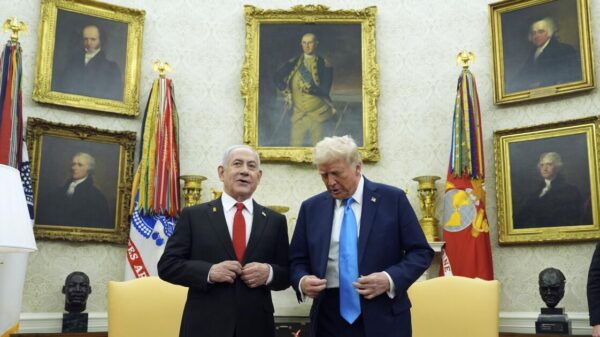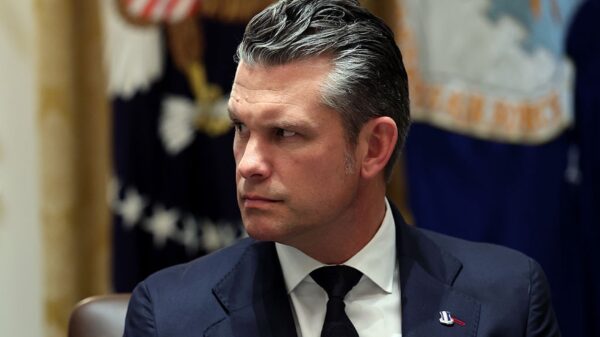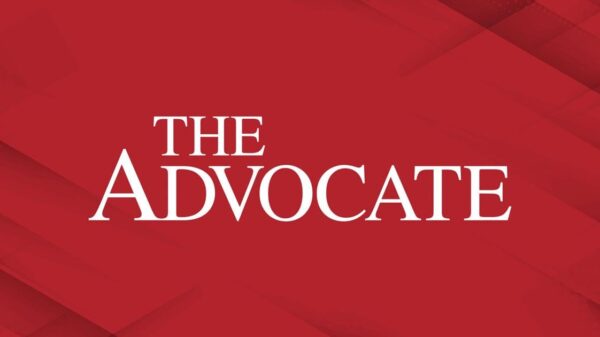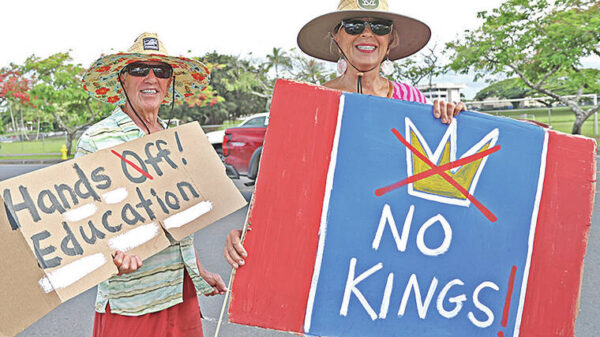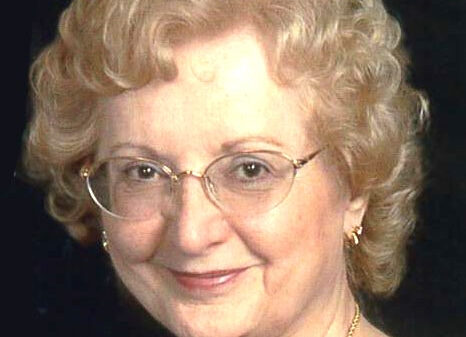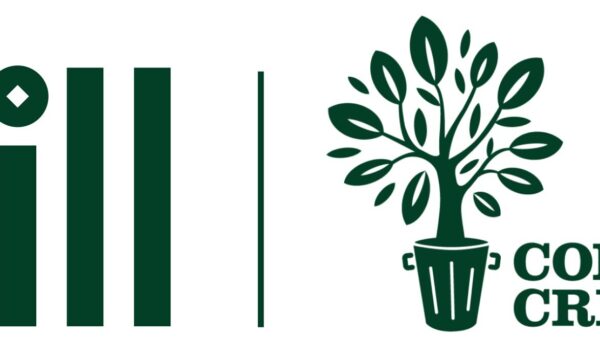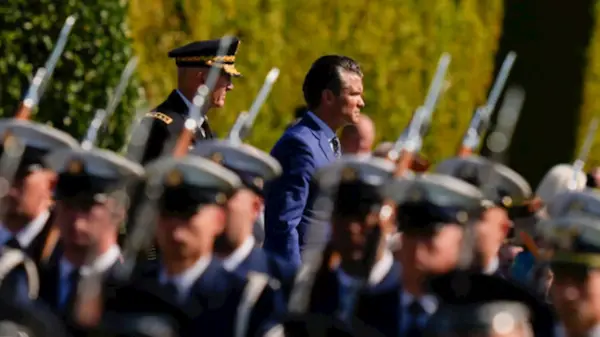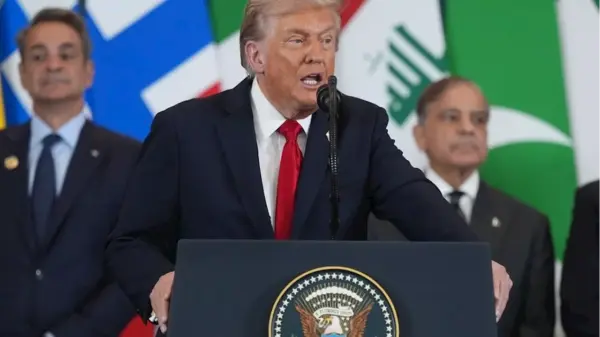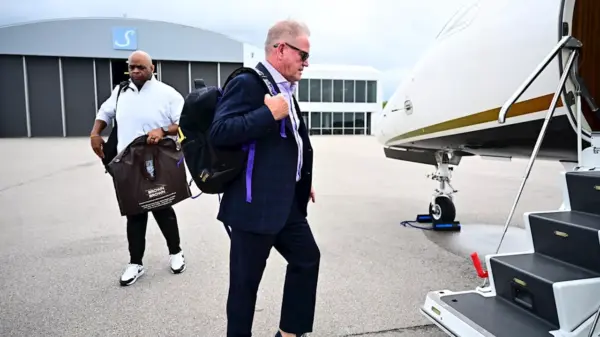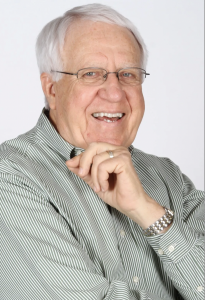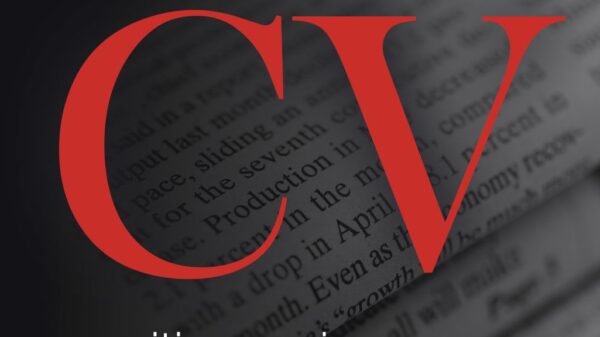In a recent reflection, veteran sports writer Barney shared insights from his over 22 years of experience in the field. Notably, he emphasized his commitment to maintaining professionalism by avoiding the use of profanity in his writing. This decision stands in sharp contrast to the frequent casual language often heard from many sports broadcasters today.
Commitment to Professionalism
Throughout his career, Barney has adhered to a principle of using language responsibly. He stated that while some mild words may have slipped through, he has consciously steered clear of “bad” language. This dedication to professionalism sets him apart in an industry where many feel the need to resort to more provocative expressions.
“During my time writing this piece, I have avoided ever using ‘bad’ words,” Barney remarked. His approach reflects a desire to foster a more respectful discourse in sports journalism, a sentiment that resonates with many readers who appreciate a more measured tone.
The Changing Landscape of Sports Broadcasting
The sports broadcasting environment has evolved significantly over the years, with many commentators adopting a more relaxed conversational style, which often includes casual language. Barney pointed out that this shift can dilute the professionalism that some audiences expect from sports commentary. He believes that language should elevate the conversation, not detract from it.
As the industry continues to embrace a variety of expressive styles, Barney remains steadfast in his belief that sports writing should reflect a sense of decorum. His reflections encourage both emerging writers and established journalists to consider the impact of their words on the audience and the broader conversation surrounding sports.
In an era where sensationalism often takes precedence, Barney’s commitment serves as a reminder of the importance of maintaining integrity in journalism. His career illustrates that a thoughtful approach to language can enhance the quality of sports writing and contribute positively to the public discourse.



